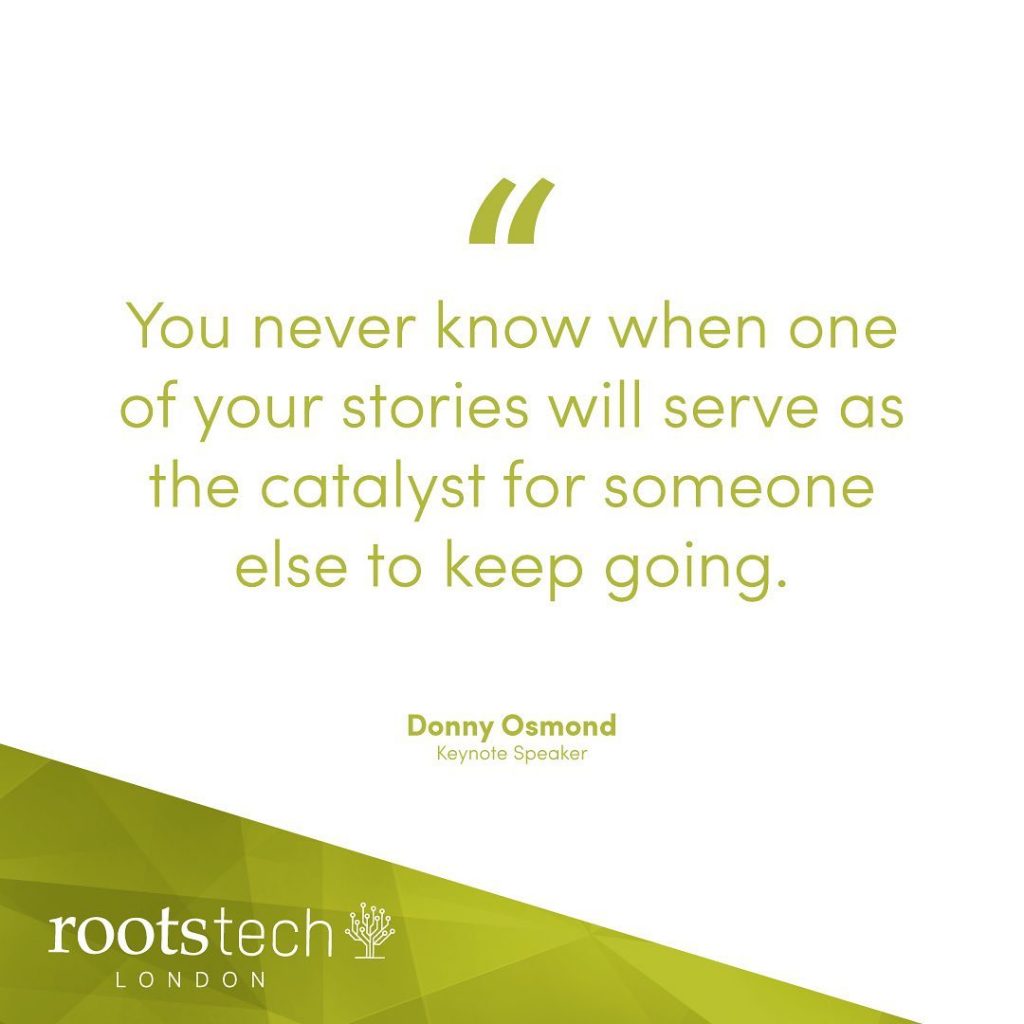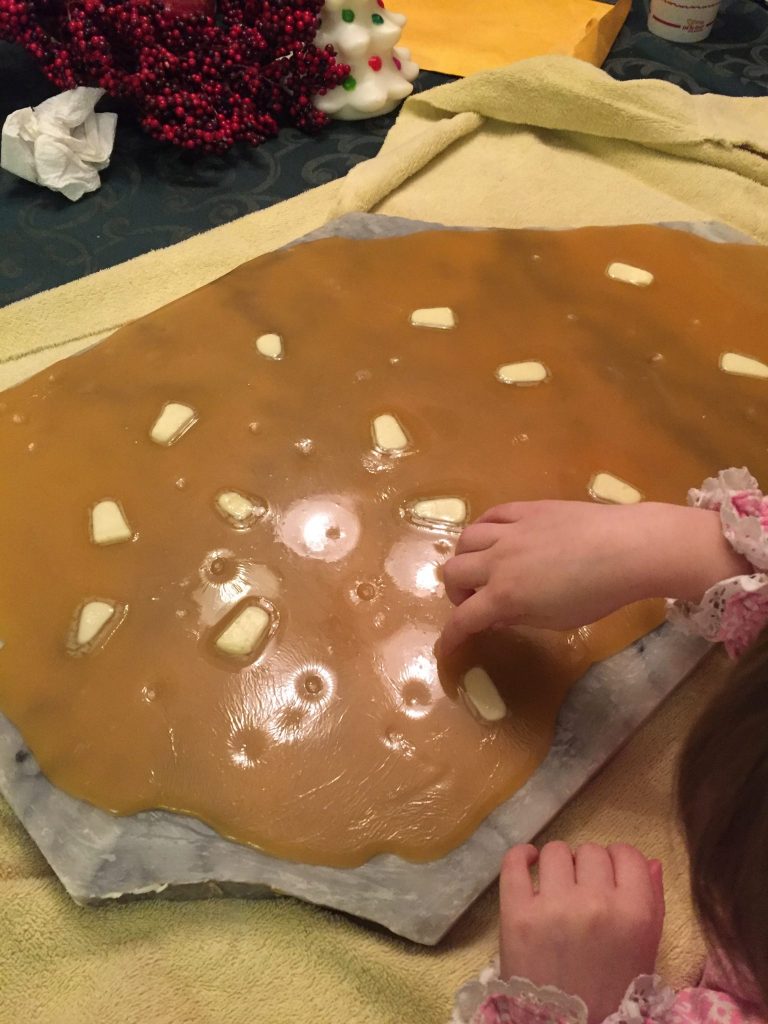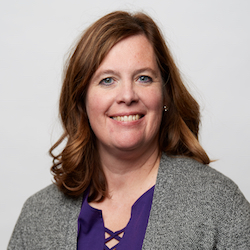
There is great power in sharing stories. Let’s take it a step further and say sharing stories, especially those about hard or sensitive subjects, can be life-changing. Here’s why: You never know when your story may help someone (especially in your own family) overcome an obstacle in their life. Not to mention the fact that sharing your hard stuff can be healing and therapeutic.
Related: Writing about the hard stuff
I have been interviewing people for a couple of decades and I always find that if you are hesitant to share something difficult but feel a nudge to do so, you should go for it. It’s probably because you need to share to help yourself or someone else. Here are a few reasons why sharing stories can change lives and how to do it!
Guide to writing sensitive subjects

Writing about the hard stuff can promote healing and inspire others - but there are some caveats. Get our guide book PDF, which includes tips and support.
1. When youth hear about the hard stuff, they can face and record their own struggles.
I have been teaching classes to youth lately and trying to get them to write about their own difficulties in their life. There is something special about writing the things you have overcome and seeing the transformation you make in the process. Telling someone about your experience, or better yet, writing it down, is not only healthy, but it can help others.
I was struck several years ago when I heard Bruce Feiler speak at RootsTech about an Emory University study that talked about the power young people have to overcome obstacles and feel confidence when they know where they came from. They’re also empowered when they know something hard someone in their family has overcome. It seems pretty simple to sit around the dinner table with your kids and talk about this stuff, but some families just don’t do it. These five questions from the Emory University study are what puts youth on their way to success.
I like to call this exercise “What do you know?”
- Do you know where your grandparents grew up?
- Do you know where your mom and dad went to high school?
- Do you know where your parents met?
- Do you know an illness or something really terrible that happened in your family?
- Do you know the story of your birth?
While only one of the above questions talks about something “hard” they all discuss sensitive and poignant subjects of life. Your kids or grandkids may not know the answers to all of these or even one of these questions, but this is a place to start. I find that when I ask these questions to anyone, they light up because each one of them elicits a memory – a story to share. And then that leads to more questions and more stories. This exercise is not only great for youth to do, it is great for adults. Most times it can get the ball rolling to get your history recorded – either orally or written.
Related: Youth and Storytelling
We live in an age of instant gratification for youth. Taking the time to tell the stories – especially obstacles we have faced or those that have gone before us have faced – arms them with knowledge and power to overcome those things themselves. And often, these subjects may already be in our mind. However, when we take time to write them down or even record them orally it gives more meaning to the story. It makes them seem real. We often minimize experiences or even blow them out of proportion. When we give voice to those stories they fit in the right box – whether it’s big or small.
Once youth hear about a hard story you have told, it makes it easier for them to recognize their own triumphs over hard things. It may be as simple as learning how to drive a manual transmission car or something as challenging as overcoming abuse. Whatever the struggle, when they understand it’s okay to write about it and even share it with someone they can trust, there is transformation – and usually positive transformation.
2. Sharing stories is like therapy.
Often, after I interview people and tears are shed we laugh and talk about how it feels like therapy. It really does! There is so much truth to that idea. Giving a voice to our struggles – and telling them to someone – makes it feel like an accomplishment. It gives our lives meaning. Recently a client texted me after an interview and told me that after talking about a certain subject that was difficult in her life, she was able to take a step back and realize how much she had triumphed and grown from the experience. She had never viewed it that way before. And it was just because she said it all out loud.
Even talking about a deceased loved one either orally or in written word can do wonders for the grief process. Sharing those life experiences, some good and some bad, can feel like a huge weight has been lifted. Saying it out loud and recording it in some way is a great first step to healing. If you feel better writing about it, that’s okay too, but uttering the words can make a huge difference.
3. Journals about sensitive subjects can inspire live storytelling.
Oftentimes, journaling can be your place to share your stories and let people deal with it after you’re gone in a few years. This can work and it’s certainly a way to channel your thoughts and feelings – but is it enough? I say probably not. Family stories (including yours) are meant to be shared! It’s all the better if you are around to share them yourself.
I love to journal and there are many kinds of journaling – gratitude journaling, bullet journaling, venting journaling, spiritual journaling – and the list goes on. But I can’t stress enough how important it is to decide ahead of time what will happen to those journals when you’re gone. Do you want people to read them? Do you want people to keep them? Will there be secrets of your life revealed that you may not want people to know? If that’s the case, it’s probably wise to get rid of those journals. While it’s important to share sensitive subjects in your family, if you’re not around to clarify those thoughts and feelings it can be tough for the listener.
Related: Journaling and your story
If it’s purely for therapeutic purposes, your family won’t know what to do with them. I have people ask me all the time what to do with their ancestors’ journals. If you tell your posterity ahead of time it takes out the guess work. Journals are a beautiful keepsake of your life for people to enjoy if that’s the intent. The story of you should be told – by you! If you are the author, none of the facts of your own life will be wrong. Leaving your own personal history of your triumphs and hardships cannot be shared enough. Those are the stories to be shared – just make sure your family knows that. Make it easy for them to share your stories because you wrote them – or recorded them orally.
I often guide people to share their hard stories out loud, but if you’re feeling timid or afraid, a journal is a great place to start. Once you’ve written it down it can feel more freeing and it may push you to share it in a more public way.
4. When sharing stories, the truth is enough because it bonds us.
People always think their lives aren’t exciting, that their stories aren’t fancy enough. They are! We all have hard things. While everyone’s trials and triumphs are different, they are a part of your story. Let the listener decide. Whatever your life story is, the person reading it (probably from your family) is going to be dialed in 100 percent. They will love your story because they love you. They feel a connection with you.
If you play a musical instrument and they play a musical instrument, they will love hearing about all the hours you practiced. If you struggled with an illness and they are struggling with anything (including illness), they will want to hear it. Let’s say you haven’t had hard struggles and have lived a blessed life – that’s okay too – people love to hear the blessings that can come in life from making good choices. Whatever the range of your life, your hard stuff, your wins or your losses, it’s worth telling, even if it just helps you to see a life well-lived.
5. Sharing stories about challenges can help you and others do hard things too.
I love this quote from Donny Osmond at RootsTech London on sharing personal stories from real life:

Sharing stories can be the catalyst for someone. I can’t tell you how many times I’ve thought of my own grandmother’s sacrifices for her family spiritually that have helped me on rough days. When I recently went on a Pioneer trek reenactment, I thought of my own great-great-grandmother walking that same path for two-and-a half months and it helped me to keep going. Or even when I make Christmas candy and I worry that it won’t turn out, I think of my own grandmother’s hands doing the same thing two decades ago and watching her work her magic on that marble slab.

“If she did it, I can do it,” I think every year. That is something so simple, so inconsequential, but I feel bonded to her as I do what she did – and finish it just like she did. And as I make that candy with my own children now, I share both her stories and mine. I feel her near and so do my children. That’s the power in sharing stories and creating your own family history. And when the candy turns in soft butter fondant and we eat its deliciousness, we all know we worked on something hard together and that my grandma did too, all those years ago.
Guide to writing sensitive subjects

Writing about the hard stuff can promote healing and inspire others - but there are some caveats. Get our guide book PDF, which includes tips and support.

Rachel J. Trotter is a senior writer/editor at Evalogue.Life – Tell Your Story. She tells people’s stories and shares hers to encourage others and especially loves family storytelling. A graduate of Weber State University, Rachel has had articles featured on LDSLiving.com and Mormon.org. She and her husband, Mat, have six children and live on the East Bench in Ogden, Utah.

